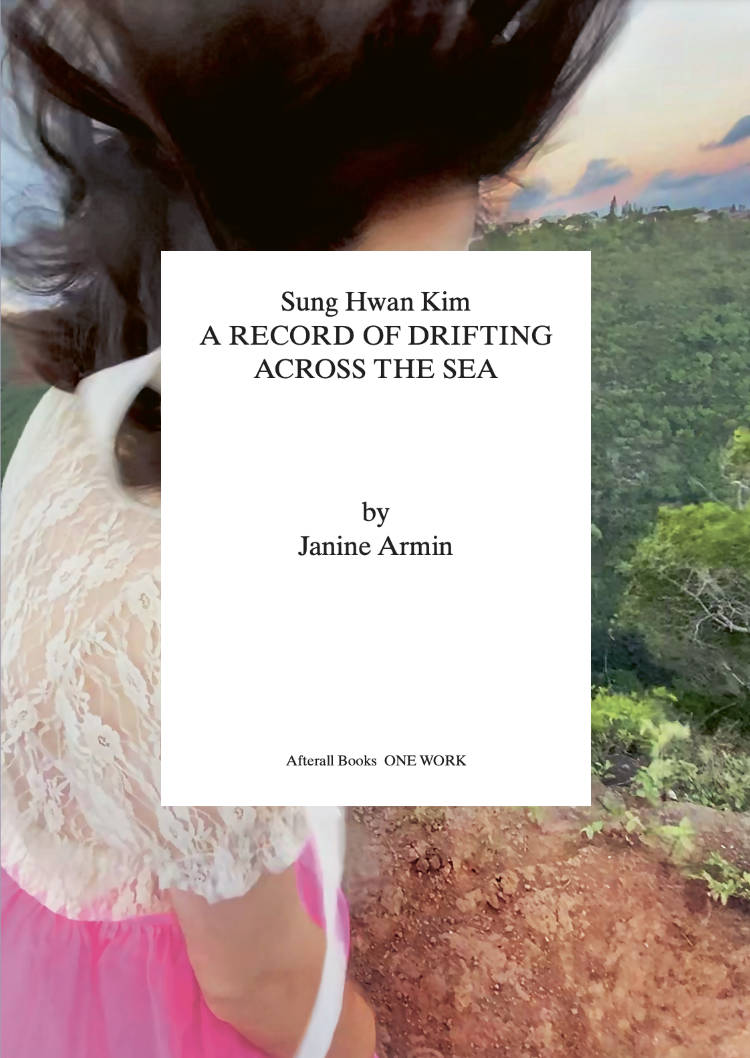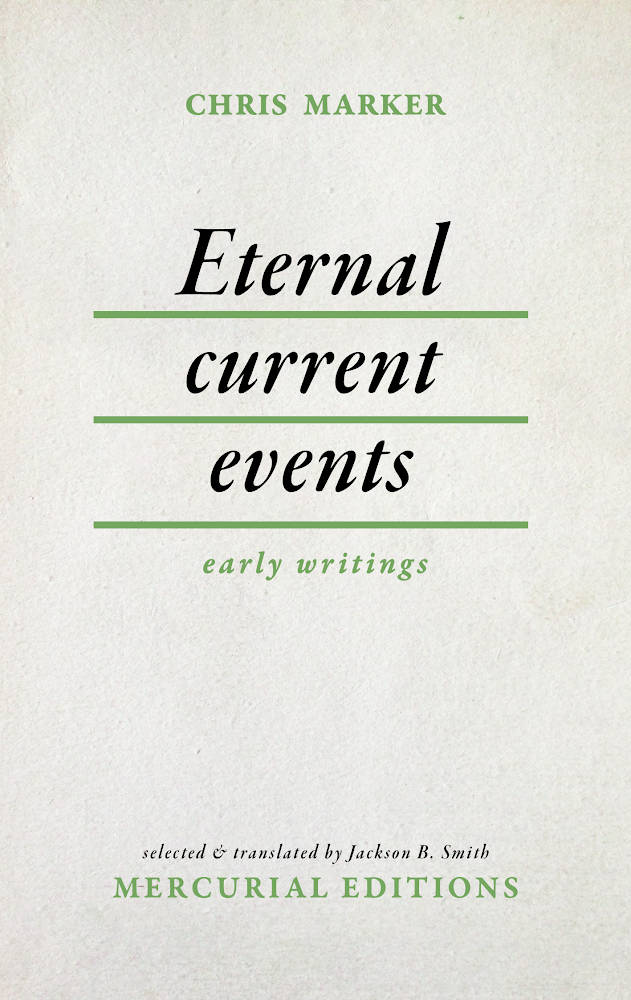
Temporal Territories: An Anthology on Indigenous Experimental Cinema
Cousin Collective ed., Raven Chacon ed.
Collected writings, artworks and manifestos outlining the developments in Indigenous cinema and its most adventurous practitioners.
Founded in 2018, COUSIN Collective is dedicated to promoting Indigenous artists working with the moving image. Temporal Territories is the collective's critical anthology on Indigenous experimental cinema, bringing together new works, reprints of key writings, theoretical interventions, artist portfolios, intergenerational dialogues and manifestos. With topics ranging from science fiction to found-footage filmmaking to the strange case of the DeMille Indians, the volume surveys a varied and vital body of work, and suggests new forms still to come.
As COUSIN writes in their introduction, "We hope this collection can be something like a celebration, a point along your path that fosters conversations and connections. ...There are no rules to this thing, and you are not alone."
Contributors include: Raven Chacon, Colectivo Los Ingrávidos, Lou Cornum, Grace Dillon, Guillermo Gómez-Peña, Miguel Hilari, Sky Hopinka, Kite, Adam Khalil, Zack Khalil, Pedro Neves Marques, Fox Maxy, Michael Metzger, Jas M. Morgan, Caroline Monnet, Shelley Niro, Adam Piron, Tiare Ribeaux, Diana Flores Ruíz, Walter Scott, Girish Shambu, Paul Chaat Smith, Adam Spry, Elizabeth Weatherford.
This book was published in conjunction with COUSIN Collective.





